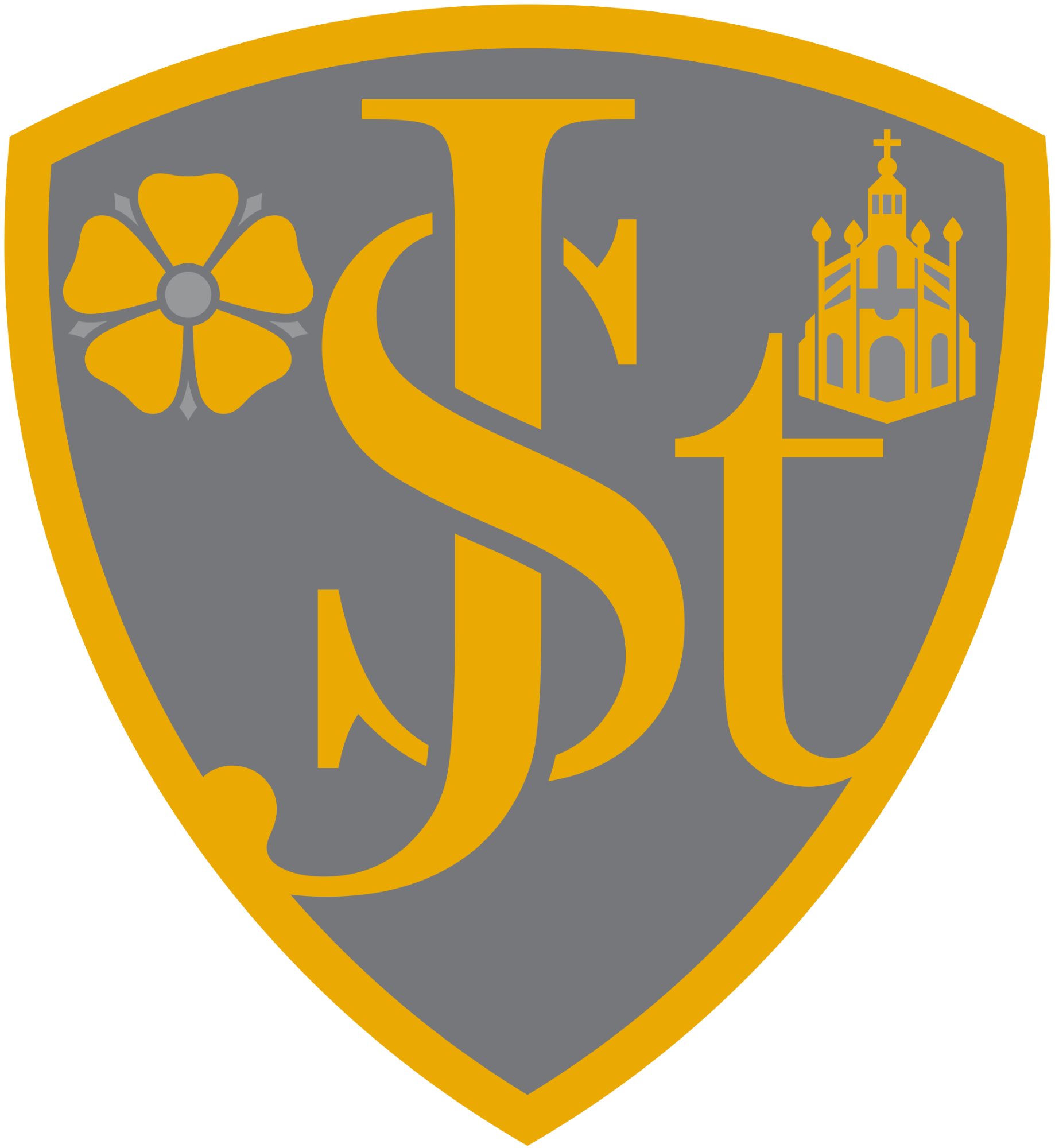Writing
Approaches to Writing
To encourage the emergence of competent writers, a range of opportunities and provisions for phonics, spelling and writing are made.
Intent
At St Joseph's infant school, quality texts are at the heart of our curriculum, We use the ‘drawing club’ approach to writing in EYFS and into year 1, and sentence stacking in year 1 when appropriate, and year 2. This helps to build upon the developmental building blocks of writing: vocabulary, grammar, sentence structure and paragraphing. Grammar is taught within lessons to help children build up knowledge and apply within lessons. This is then strengthened through the process of pupils revisiting and reapplying their skills. Applying a ‘mastery approach’ to writing also allows for the greater development of vocabulary, with all the above carried out in line with the writing objectives laid out in the national curriculum.
The sequences of learning approach has many other advantages including breaking the writing process down into manageable, explicitly taught chunks and provides pupils with opportunities to practise skills repeatedly – but in different contexts. There are also opportunities presented for extended writing pieces. The approach places emphasis on pupils’ understanding of the writing process, with planning and revision being key aspects that are explicitly taught at an age appropriate level, in order for pupils to use them independently. This helps to develop the children’s metacognition and will place pupils in a strong position in regard to their next set in education. It is expected that children make simple edits to their work throughout their schooling, from making simple letter corrections in EYFS to editing longer pieces of work to improve by the end of KS1.
Approaches to Phonics and Spelling
Intent
We believe that good reading and spelling is an essential skills that allows children to communicate their understanding in all curriculum subjects. In order for pupils to develop into effective and confident spellers, they need to develop and use a range of spelling strategies. For this to be achieved, spelling is taught actively and explicitly with the understanding that the greatest impact on spelling is achieved when children are encouraged to use new spellings. This is taught through daily phonics lessons, using the Sounds Write phonics scheme (see phonics section for further details).
